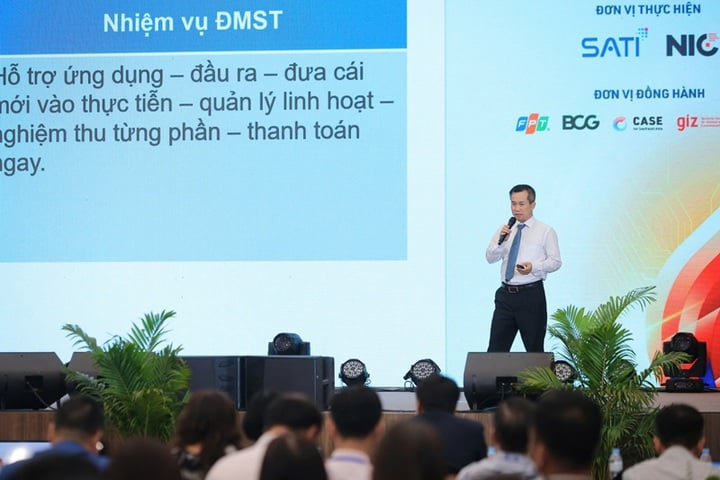
Representative of the Department of Innovation presented a policy report at the National Innovation Policy Forum, October 1, 2025.
This report focuses on clarifying core issues such as legal framework, financial mechanism, business support policies, the role of support centers, as well as state management model and coordination between the State - School - Enterprise.
Perfecting institutions, clearly distinguishing tasks and creating a transparent legal corridor
The Law on Science , Technology and Innovation 2025 (Law No. 93/2025/QH15) is considered an important legal foundation for innovation activities. The Law clearly defines innovation as the activity of creating new products, services, processes or business models, or significantly improving existing ones. The scope of scientific, technological and innovative activities is expanded, including technology application and transfer; innovation based on technological innovation, technological creation; improving efficiency and technological capacity; creative startups; providing scientific, technological and innovative services; and activities of initiative, technical improvement, and knowledge creation.
The new legal framework helps to unify understanding, create a transparent legal corridor, and at the same time encourage the participation of social actors in innovation activities. An important highlight in the report is the clear distinction between science and technology (S&T) tasks and innovation tasks. S&T tasks focus on research, creating new knowledge and technology, are strictly managed, accepted as a whole, and paid at the end. Meanwhile, innovation tasks aim at application and commercialization, are flexibly managed, accepted in part, and paid immediately. This separation helps the financial mechanism become more flexible, and resources are allocated more effectively according to the nature of each type of task.
The report also emphasizes the role of the state budget in ensuring that spending on science, technology and innovation reaches at least 2% of the total annual budget expenditure. This capital will be used for both regular and investment expenditures, including implementing innovation tasks, supporting technology transfer, developing innovative startups, providing charter capital for venture capital funds, and investing in infrastructure development for public innovation centers. According to the representative of the Department of Innovation, ensuring a stable and flexible source of spending will create a solid foundation for forming a dynamic innovation ecosystem, contributing to improving national competitiveness.
Enterprise-centric, expanding network and promoting "Three Houses" cooperation
The policy of "enterprises being the center of the national innovation system" is reflected throughout the new policies. To realize this goal, a series of support policies have been proposed.
In terms of finance, businesses enjoy tax incentives, loan interest support, and investment funding support for research, development, application, and technology transfer. In terms of the market, the financial support voucher mechanism helps businesses commercialize new products, expand the market, and encourage users to experience innovative products and services.
In addition, the establishment of national and local venture capital funds, along with specialized stock exchanges for innovative startups, will open up new capital mobilization channels, especially useful for small and medium-sized enterprises.
Another focus of the policy is to develop a network of Innovation Centers (ICCs) and Creative Startup Support Centers (KNST Support Centers) nationwide. The ICCs will play a role in connecting and mobilizing resources, consulting on technology solutions, organizing demonstrations, incubating new products, and providing legal, financial, and intellectual property support services. The KNST Support Center focuses on incubating and accelerating creative startup projects and developing startup support infrastructure. By 2030, each ministry, sector, and locality will have at least one effective ICC; at the same time, research institutes and universities are encouraged to establish their own centers to create a closely linked network and promote the national innovation ecosystem.
New policies are also built on the "Three Houses" cooperation model: State, School and Enterprise. In which, the State plays the role of creating, issuing and implementing policies, funding, investing in infrastructure and support funds. The School is responsible for research, training high-quality human resources, incubating technology startups and transferring knowledge to the market. Enterprises become the center for implementing innovation, enjoying preferential policies, and at the same time responding to needs and proposing technological solutions.
Regarding state management, the focus will shift from "operational management" to "system development promotion". The work of assessing, monitoring and recognizing innovation entities will be digitized, transparent and clearly decentralized. The Ministry of Science and Technology is responsible for national recognition of innovation organizations, experts and investors; while the Provincial People's Committee has the authority to recognize at the local level, ensuring flexibility and practicality.
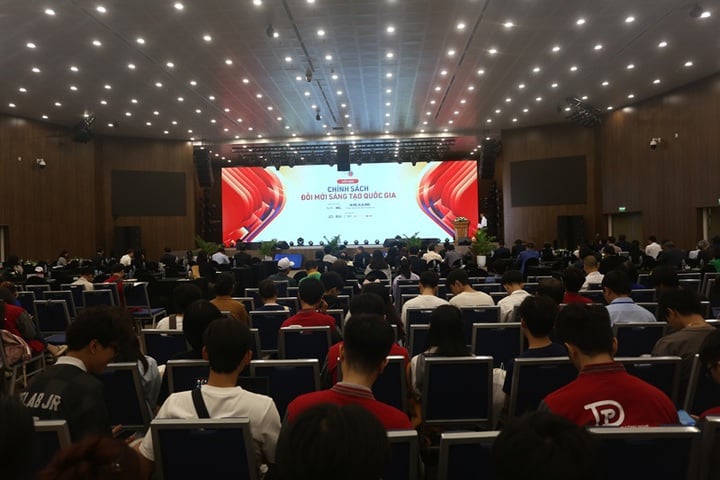
Scene of the National Innovation Policy Forum 2025
According to experts at the forum, the synchronous implementation of innovation policies will create a strategic boost for the Vietnamese economy in the coming period. When the legal corridor is clear, the financial mechanism is transparent, businesses are empowered and receive full support, innovation will become the main driving force for growth and sustainable development. The representative of the Department of Innovation affirmed: "Innovation is not just a story of technology, but the foundation of all development policies. We need an open ecosystem, where the State creates, schools research, and businesses lead with practical actions."
Synchronous steps from institutions, finance to infrastructure and human resources are opening a new phase, where innovation becomes a culture of development, the key for Vietnam to improve its competitiveness and integrate more deeply into the global knowledge economy./.
Source: https://mst.gov.vn/doi-moi-sang-tao-dong-luc-trung-tam-cho-phat-tien-kinh-te-giai-doan-moi-197251013142459209.htm



![[Photo] Solemn opening of the 1st Government Party Congress](https://vphoto.vietnam.vn/thumb/1200x675/vietnam/resource/IMAGE/2025/10/13/1760337945186_ndo_br_img-0787-jpg.webp)








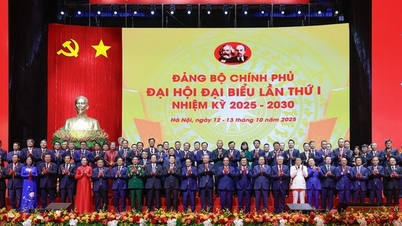
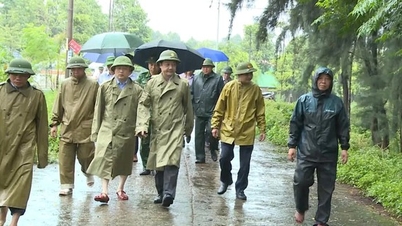





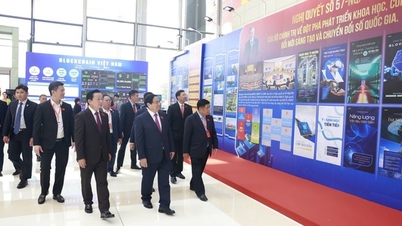
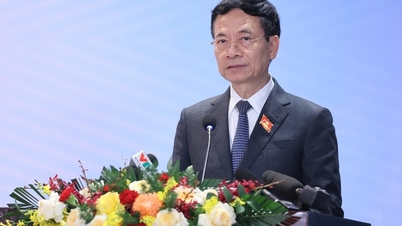
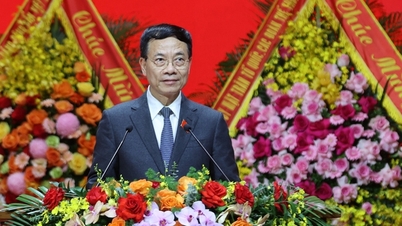
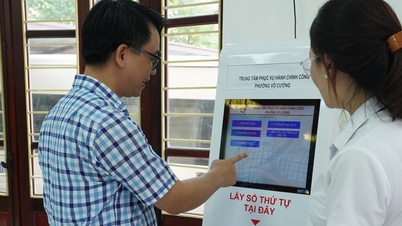


![[Photo] General Secretary To Lam attends the opening of the 1st Government Party Congress](https://vphoto.vietnam.vn/thumb/1200x675/vietnam/resource/IMAGE/2025/10/13/1760321055249_ndo_br_cover-9284-jpg.webp)























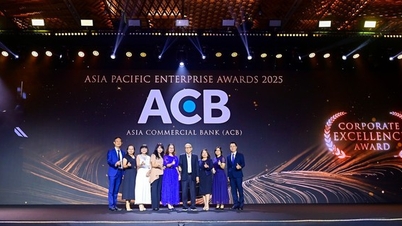











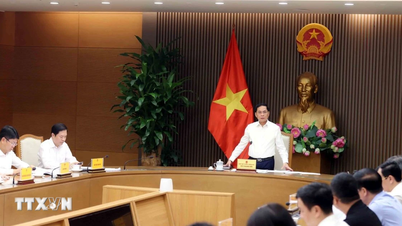



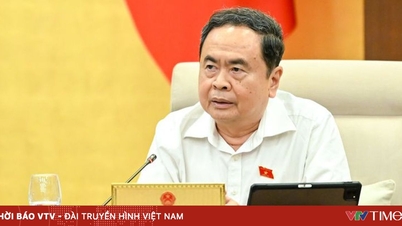

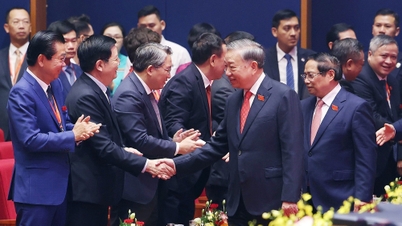



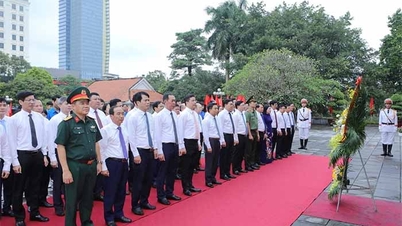


















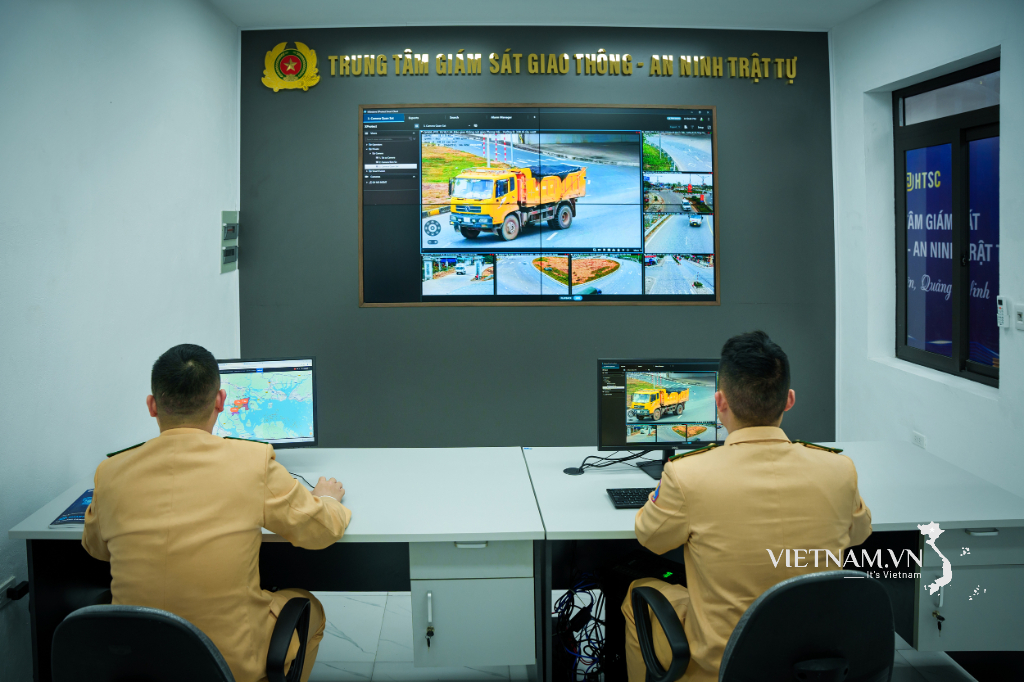



Comment (0)